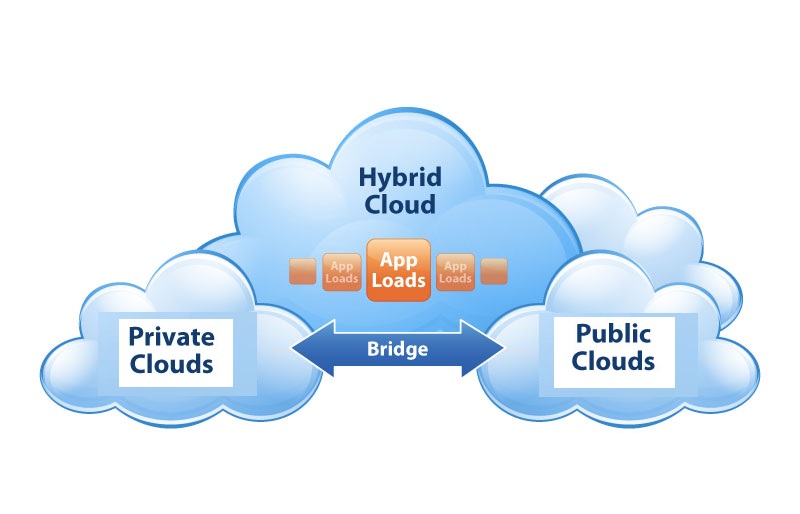In the past several years, variety of hosting options for infrastructure available to businesses has exploded. At one time the only viable alternative was to construct servers on site or a data center.
Today, companies can choose from bare metal servers, cloud servers, platform-as-a-service products, and private clouds, among others. Today I’d like to take a one look at the final of these, with a focus on what a private cloud actually is and the reasons why a company should think about implementing an custom-built cloud.
What Is A Private Cloud?
Every private cloud is a single-tenant or cluster of servers that run virtualization software. The virtualization layer is a way to provide virtual machines that, in the eyes from the perspective of users, are similar to normal cloud servers. Only one organization has an access right to physical equipment of the cloud private and only that particular organization is able to launch virtual servers in their private cloud.
A private cloud is a hybrid of the advantages of bare-metal dedicated servers with an OpenStack Private Cloud platform. As with a bare metal server, the resources are completely available to only one client. As with cloud platforms companies can swiftly start and expand virtual servers.
What are the Advantages of a Private Cloud?
The primary advantages of private cloud services are similar to those of a publicly accessible cloud service, with added capabilities that come with complete control over the physical hardware layer. If you want to learn more about private cloud and cloud computing as a whole then you can join one of the Cloud courses available online.
- Control and flexibilityControl and flexibility – Private cloud services can be designed to meet the requirements of an organisation. Steadfast has been developing custom infrastructure platforms for more than 10 years, and we apply that knowledge and knowledge in our Private Cloud platform. Private clouds are built to meet the performance, scale, and design requirements of every customer.
- Scalability and performanceThe HTML0 performance and scalability – the resources in private clouds are available to the cloud’s owner, eliminating any chance of contention for capacity or resources. On the virtual level the scaling process is as easy procedure of setting up and deploying to add new cloud servers. On the physical layer, new servers made of bare metal can be added quickly to boost the capabilities of cloud services.
- Compliance and privacyThe HTML0 Privacy and Compliance – Clouds that are publicly accessible are safe, however they are multi-tenant infrastructure solutions which makes them incompatible with certain applications. This is especially true when an enterprise requires the cloud service to conform with the regulations and is made simpler when the infrastructure is not accessible to the business.
Should Your Company Choose A Private Cloud?
As of now, you’ll be able to determine if it is the ideal solution for your business. If security, performance and security are primary elements of your plan then a private cloud could be an ideal choice.
The private cloud can be utilized to run any software or service, which includes web applications, websites, backends for web apps virtual desktop infrastructure machine learning and big data applications, as well as databases. They are especially suited to businesses with multiple requirements for infrastructure that they’d like to operate on single tenant hardware.

